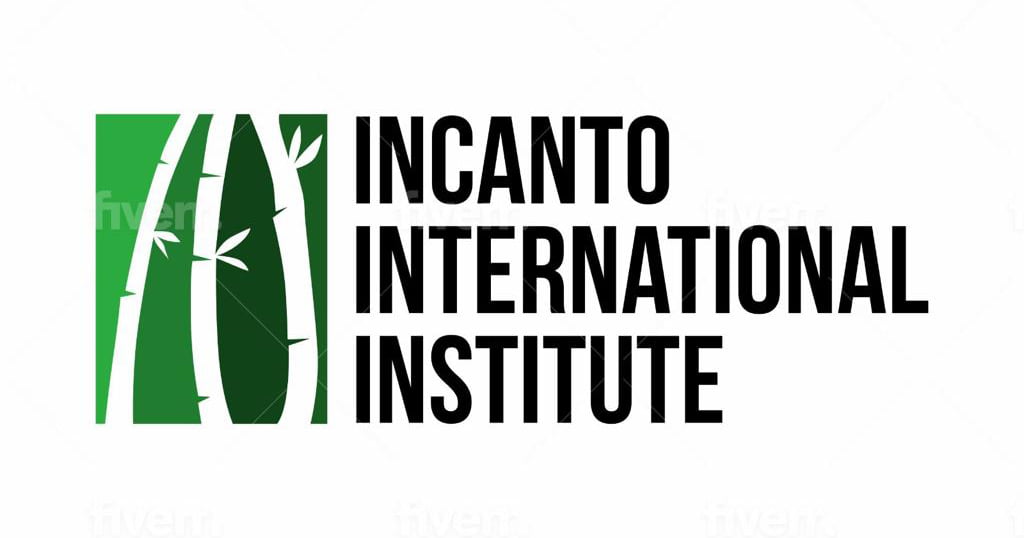Certificate in Health and Social Care
Introduction
It is crucial for healthcare and social workers to ensure the safety and well-being of the people they serve. The Care Certificate is a nationally recognized set of guidelines that outline the necessary learning outcomes and requirements for these workers to be able to work independently. The certificate comprises fifteen standards that provide health and social care support workers with the necessary skills and knowledge to carry out their work effectively and provide suitable care.
The Care Certificate aims to equip all healthcare and social care workers with a consistent set of skills, knowledge and attitudes that will enable them to deliver high-quality, compassionate care and support to their patients. It also helps them to understand their responsibilities within their respective work settings.
This course will equip you with the knowledge required to successfully complete the Care Certificate. You will acquire theoretical knowledge and practical skills that are essential for demonstrating your competence during the assessment process. The course will also help you understand how to provide exceptional, person-centred care that is of high quality.
Who Would Benefit from This Course?
If you’re interested in pursuing a career in the Health & Social Care sector, this course is perfect for you. It will provide you with a comprehensive understanding of the various roles available, the responsibilities involved, and the essential personal and professional skills and knowledge required to succeed.
Aims of the Course
By the end of this course, you will have gained a comprehensive understanding of the following key areas in health and social care:
– The Care Certificate: You will learn about the Care Certificate and how it is assessed.
– Your Role: You will understand your role in a health or social care setting, how to work with others, and how to work in ways agreed with your employer.
– Personal Development: You will know how to create and agree on a personal development plan, and the benefits of doing so.
– Duty of Care: You will understand your duty of care and how to respond to dilemmas, complaints, incidents, errors, near misses, confrontation, and difficult situations that arise.
– Diversity, Equality, and Inclusion: You will learn what is meant by diversity, equality, inclusion, and discrimination, and how to ensure you are working in an inclusive way for everyone.
– Person-Centred Care: You will understand the person-centred values and how to work in a person-centred way to support every individual.
– Effective Communication: You will understand the importance of effective communication and how to meet the specific language and communication needs, wishes, and preferences of every individual.
– Privacy and Dignity: You will be able to explain the principles of privacy and dignity in care, including how to maintain an individual’s dignity and encourage active participation in their care.
– Hydration, Nutrition, and Food Safety: You will be aware of the principles of hydration, nutrition, and food safety, and ensure that individuals have access to food and fluids in accordance with their care plan.
– Mental Health, Dementia, and Learning Disabilities: You will have an awareness of mental health, dementia, and learning disabilities, what is meant by capacity, and how to adjust for individuals with these conditions.
– Safeguarding Adults and Children: You will know what constitutes abuse and how to safeguard adults, including how to reduce the likelihood of abuse and respond to any concerns or disclosures. You will also learn how to safeguard children and how this responsibility relates to health and social care.
– Basic Life Support: You will understand how basic life support is carried out and how it differs for adults, children, and infants.
– Health and Safety: You will understand responsibilities for health and safety in your workplace, including for moving and assisting service users, medication and healthcare, hazardous substances, fire safety, working securely, managing stress, risk assessments, and how to respond to accidents and ill health.
– Record Keeping and Information Handling: You will know your responsibilities for recording, storing, and sharing information, how to keep records up to date and accurate, and the requirement for secure handling of information and reporting poor practice.
– Infection Prevention and Control: You will understand your responsibilities for infection prevention and control, including the importance of personal protective equipment and how and when to use it.
